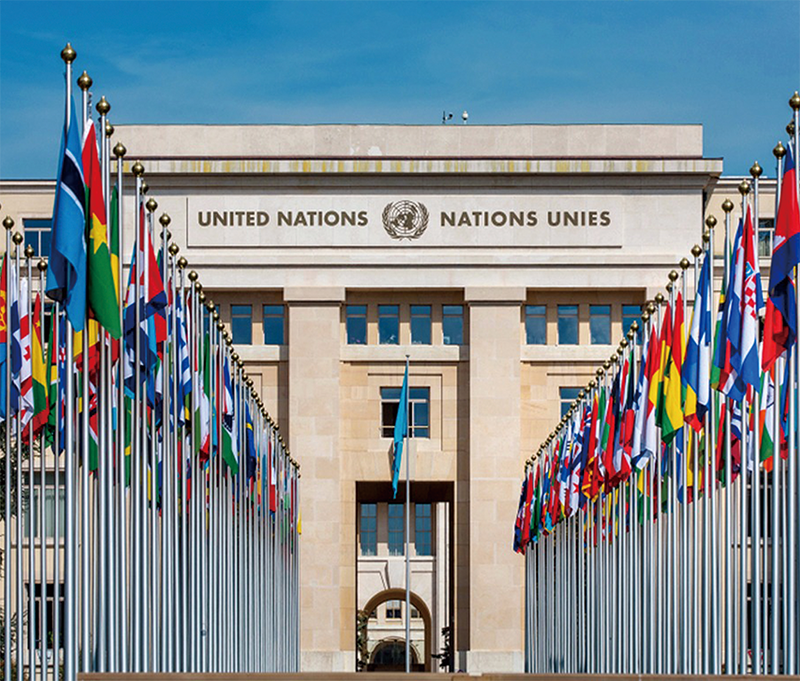Program Background
Education and school education have been closely related to the process of internationalization and economic globalization for a long time. In recent years, governments have increasingly participated in global educational exchange and policy-making forums. For examples: Organization for economic cooperation and development (OECD), group of seven(G7), The World Bank, The European Union (EU), The World Trade Organization (WTO), association of Southeast Asian Nations (ASEAN), etc. Increasingly, the education system has become the primary issue of media headlines in many countries. The success of education is also an indicator of the strength of economic competitiveness to a certain extent. Since the 1980s, it has been a major concern of many countries to provide better education and training. Especially after 2000, PISA (a large-scale international education achievement comparison and monitoring project organized by OECD) began to provide a way to compare the quality of education in different countries. Governments want more effective education, but at the same time they don’t want to pay a high price, so they try to take relevant measures to adjust their education policies and improve the efficiency of their education systems. During the course, the professor will lead us to explore the macro and micro issues of education and public policy under the trend of globalization, that is, the dynamic changes of education policy and social relations within and between societies.
Program Description
- The main aim of the course includes:
- To cultivate the ability and thinking mode of information screening within the context of globalization
- To master the ability of critical thinking and analysis
- To improve the understanding of education theory and public policy knowledge
- Focus on training students’ expression of complex problems
Eligible Students
- Field: Education/Public policy/International relations/Global governance
- Objectives: students who intend to improve their own knowledge and academic ability; students who have the intention to study abroad, participate in the independent enrollment selection, further education or plan to be admitted to famous universities
- Competitive advantage: enhance personal competitiveness by obtaining recommendation letters from professors and publishing papers in academic journals
- Thesis Competency: Improve the quality of application documents and English thesis writing skills through the guidance of professors and teaching assistants
- Adapt to the environment: Students who are interested in applying to overseas universities or have received an offer from overseas universities and want to cross the gap between Chinese and foreign education systems beforehand.
Course Features
- Lectures 1
- Quizzes 1
- Duration 10 weeks
- Skill level All levels
- Language English
- Students 3
- Assessments Yes






